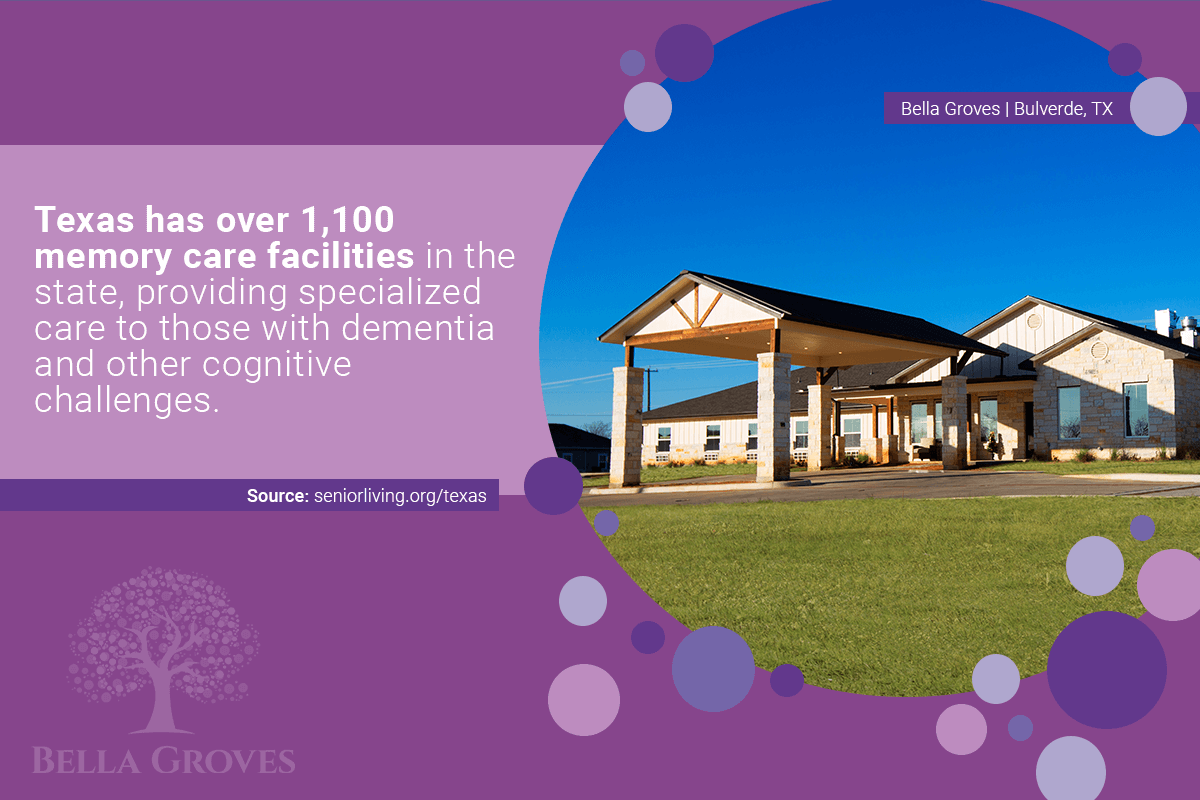
How to Delegate Caregiver Tasks Amongst Siblings
Dementia care is a collaborative care experience. Family members, friends, and healthcare providers must work together to ensure a person living with dementia is safe, healthy, and happy.
When it comes to a parent, feelings of resentment can quickly arise between siblings. One sibling might feel as though they’re taking on more responsibility, or another might feel as though their personal life (job, kids, etc.) isn’t being accounted for by the others when delegating tasks.
Our team at Bella Groves is dedicated to providing helpful resources for families during their journey with dementia. Here are tips for delegating caregiver tasks amongst siblings.
Determine Caregiver Tasks & Responsibilities
Firstly, you and your siblings need to define each responsibility that you need to implement into a caregiving plan. Find a time to come together and discuss the care your parent requires, determine how much time needs to be committed per day or week, and make a list of each task. Depending on the stage of dementia, these tasks may range from doing the grocery shopping and taking Mom to appointments to bathing and grooming.
By defining caregiving responsibilities through a calm conversation, you and your family will be able to determine what kind of care is needed now and what might be needed in the future in order to avoid any confusion or frustration.
Focus Strengths and Weaknesses
Once you’ve determined what needs to be done, it’s time to delegate who will do each task based on each individual’s strengths and weaknesses; this can include time restraints, personal lives, abilities, and experience.
For example, let the sibling with more knowledge of Mom’s condition take the lead in caregiving roles. This might mean them handling the tasks themselves, or providing dementia care education and skills to other siblings.
If one of your siblings is good with numbers, they can take care of paying bills, keeping track of bank statements, and dealing with insurance or medical policies and reports. If another sibling is good at speaking with medical staff and interpreting what they say to others, they can be in charge of accompanying your parent to appointments and taking notes regarding their condition.
Create a Schedule Now Rather Than Later
Creating a shared schedule/calendar that each sibling can access will help shed some light on each of your daily or weekly roles and responsibilities.
By creating a schedule ahead of time and sticking to it, it will also be easier to adjust roles and responsibilities over time and create a routine that each of you can stick with comfortably.
Respect Limits and Boundaries
Be realistic about how much you’re able to do, when you can do it, and what you’re willing to do, and ask your siblings to follow suit. This way, nobody feels as though they’re overwhelmed with responsibilities; on the other hand, nobody will be responsible for neglecting their assigned duties.
Here are a few questions to keep in mind:
- What does each sibling’s work schedule look like?
- If any of your siblings have children, how does that impact their availability?
- Does one sibling have to travel often, and will they be out of town during their assigned duties?
- Beyond your siblings, are there other family members (aunts, uncles, grandchildren, etc.) who can handle some tasks?
Remember What’s Most Important
At the end of the day, family prevails over everything. As you work together to give your parent the care they deserve, you will encounter challenges and stresses that can be difficult for your family and lead to disagreements. However, it’s important to remember that you’re all coming together for one important reason – the well-being and safety of your parent.
By planning and sticking to honest, open communication, you will all be able to successfully care for your parent and avoid any feelings of resentment or burnout in the future.
Our mission is to create an environment for your family where you can create Unconditional Joy as you support your loved one living with dementia. If you have questions about your dementia care journey, we invite you to call us at (830) 323-0440 or email us at hello@bellagroves.com.


